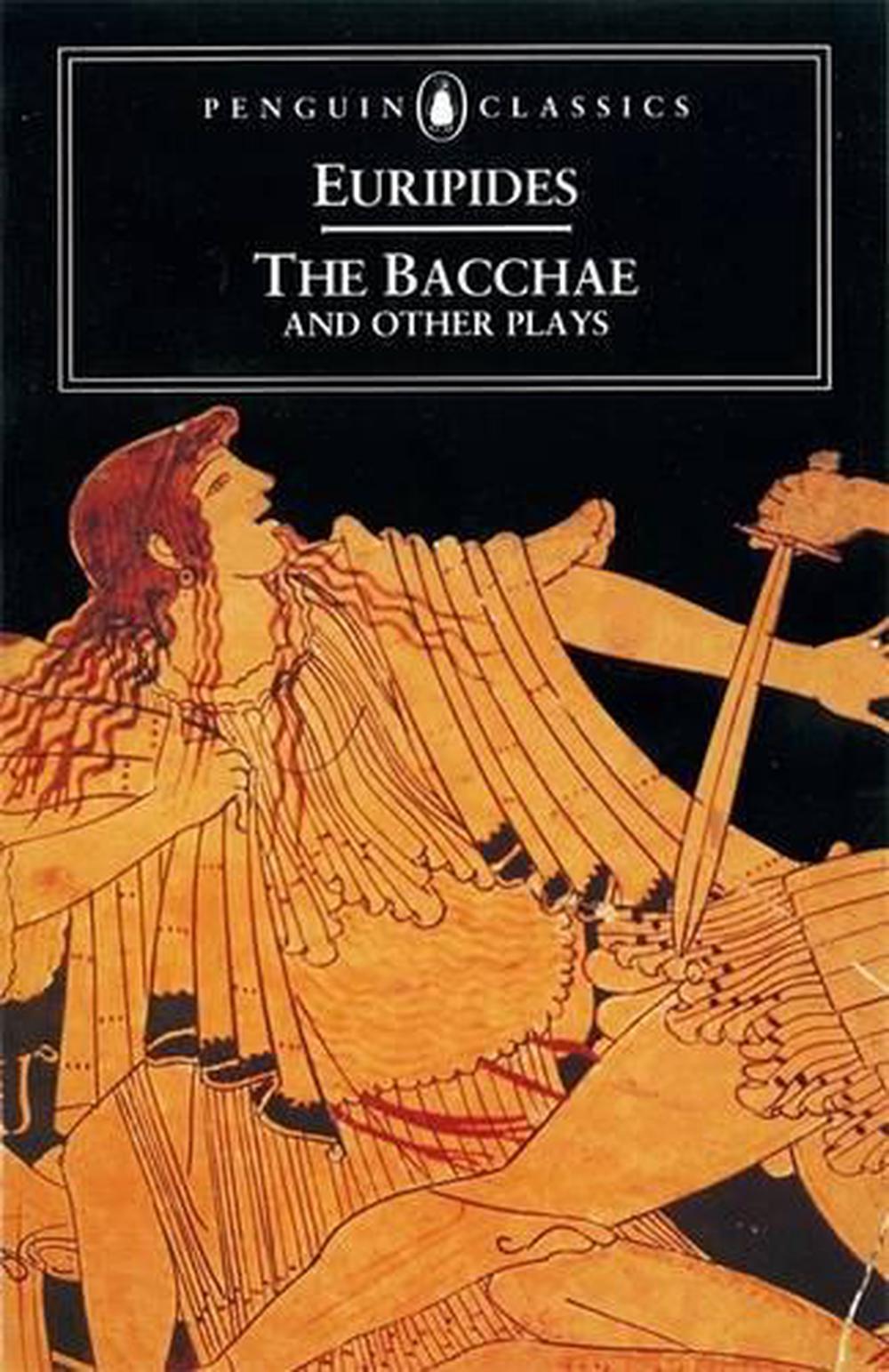
Paperback
Ancient Greek tragedies explore faith, war, and the human soul’s depths.
The Bacchae and Other Plays
$32.00
- Paperback
256 pages
- Release Date
28 December 2000
Check Delivery Options
Summary
Euripides’ Masterpieces: Exploring the Human Condition
Euripides (c.484-406 BC), the most modern and controversial of the great Greek tragedians, tackled themes that resonate even today: religious scepticism, the plight of women, and the devastating consequences of war.
“Ion” delves into the complexities of faith in the face of human realities, focusing more on character than grand concepts. “The Women of Troy” offers a heartbreaking glimpse into the horrors of war, a theme …
Book Details
| ISBN-13: | 9780140440447 |
|---|---|
| ISBN-10: | 0140440445 |
| Series: | Penguin Classics |
| Author: | Euripides |
| Publisher: | Penguin Books |
| Imprint: | Penguin Classics |
| Format: | Paperback |
| Number of Pages: | 256 |
| Edition: | 1st |
| Release Date: | 28 December 2000 |
| Weight: | 195g |
| Dimensions: | 15mm x 130mm x 197mm |
You Can Find This Book In
About The Author
Euripides
Euripides, the youngest of the three great Athenian playwrights, is thought to have written about ninety-two plays, of which seventeen tragedies and one satyr-play have survived.
Returns
This item is eligible for free returns within 30 days of delivery. See our returns policy for further details.




